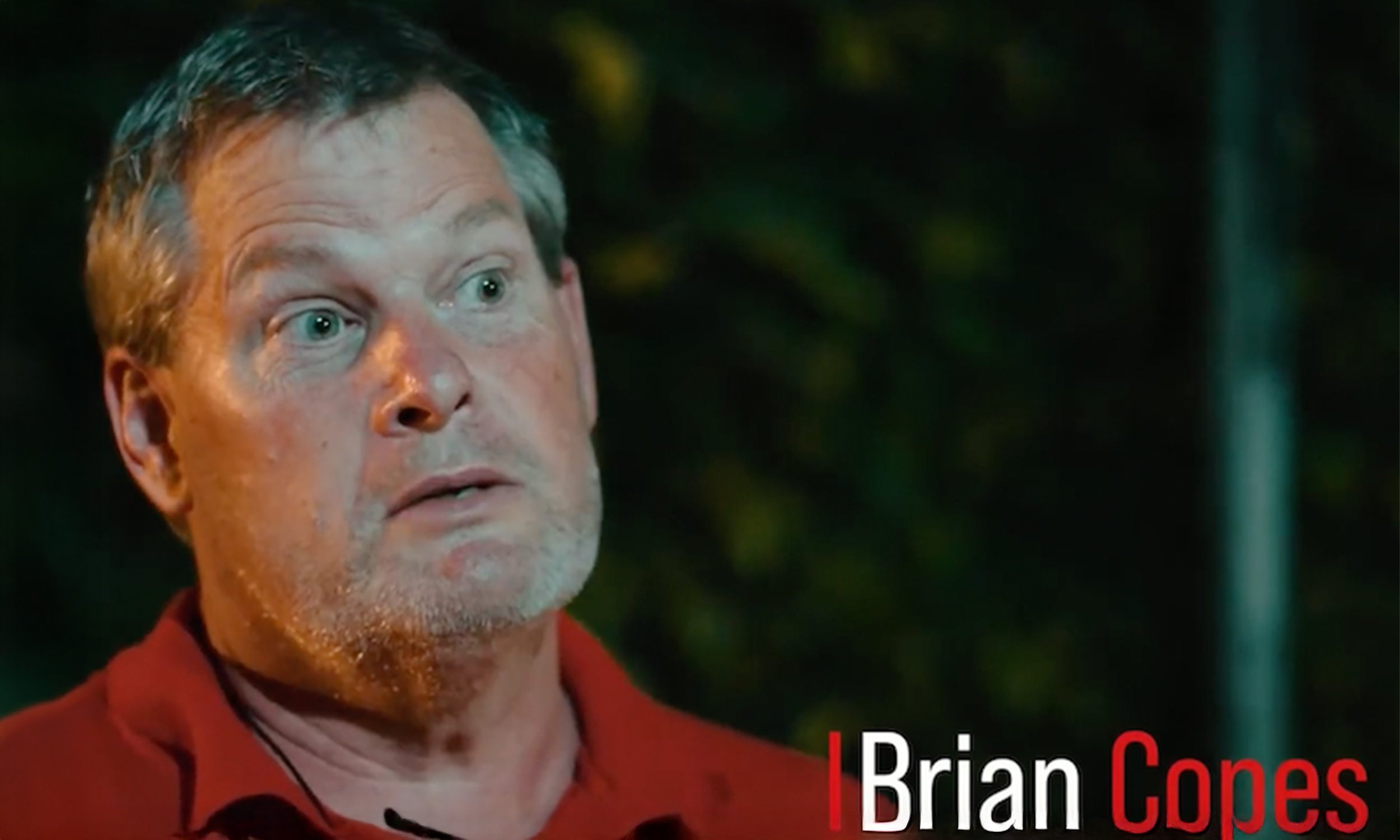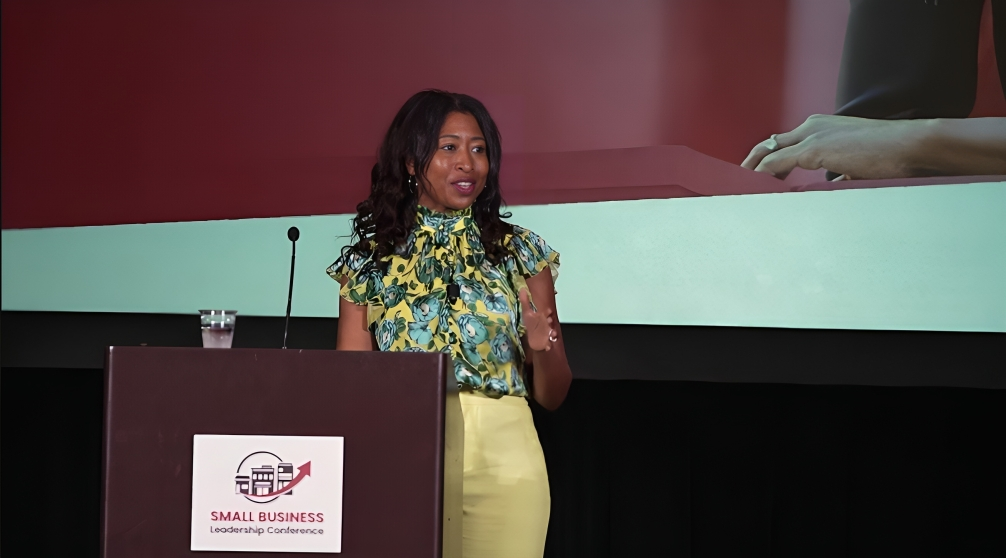Students spark hope through classroom innovation
An Alabama teacher and his students are proving the power that young people have to solve the world’s greatest challenges.
Brain Copes has taught construction and manufacturing for more than 25 years. When the state of Alabama—where he lives and teaches—updated its construction curriculum, he needed to add a “biomedical component” to his classes.
“I was like, man, I don’t even know what that means,” recalled Copes, whose background is in construction and carpentry.
He decided to turn the problem into a teaching moment and asked his students what they thought. Together, they found that 80 percent of all amputees live in developing countries, a total of about 30 million people. Of those, only 5 percent have access to prosthetic devices, which can cost tens of thousands of dollars. Without prosthetics, many amputees are unable to work or live to their full potential. They lose jobs, family, friends, community and, often, hope.
“I challenged the students to go into the lab, into the shop, and make an inexpensive prosthetic leg for people in developing countries,” explained Copes.
Copes’ students were already working on another project: creating a small utility vehicle. They used spare parts from that project—motor mounts from a 1989 Toyota Corolla—to create their first prosthetic leg. When the school brought in an artificial limb specialist to evaluate the leg, Copes remembered him saying, “This is amazing. I think it will work.” The specialist planned to attend a mission trip to Honduras that summer and he asked the students if he could take their prosthetic leg with him. They said yes and a new program was born.
That year, Alabama Lieutenant Governor Kay Ivey recognized 40 of Copes’ students by appointing them honorary lieutenant governors for their innovation. Compared to the thousands of dollars required to manufacture traditional prosthetics, the students’ solution cost only $40 to make. More recently, several of his students were awarded the Presidential Volunteer Service Award for their innovations.
Though functional, the prototype prosthetic leg was too heavy. Over the next school year, students redesigned and refined it, shaving three pounds off the overall weight. By 2010, 3D printing became more widely available, so the students began using plastics instead of metals in their prosthetics. They were able to manage more of the manufacturing process themselves, in the classroom.
Today, Copes’ students, along with a growing national network of partner schools, create prosthetics from start to finish. They draw up the designs and 3D print them in the classroom. They manufacture and assemble parts. And, most memorably for both faculty and students, they travel to El Salvador, Honduras and Costa Rica to help deliver and fit the prosthetics on people in need. In the 2022-2023 school year, Copes’ students and their 12 partner schools manufactured 100 prosthetic parts.
As the prosthetics program grew, Copes and his students continued to innovate in other areas. The small utility vehicles that provided the spare 1989 Toyota Corolla parts have been outfitted to serve the needs of developing countries as well. His students built vehicles being used as ambulances, school buses and water well drills. Students created a hydroelectric power plant from a repurposed pontoon boat that produces electricity for a medical clinic in rural Honduras. They turned shipping containers into classrooms for skilled trades, like welding and woodworking, in Belfate, Honduras. They built a solar-powered computer lab in a shipping container to help rural students without electricity access education during COVID lockdowns.
In 2023, Copes’ 8th-grade students built two solar-powered suitcases capable of running a laptop for 24 hours and charging cell phones. The suitcases were sent to two Ukrainian Varkey Teacher Ambassadors, who live and teach near Russian-occupied territory with unreliable electricity. Copes taught a master class to 50 teachers at a Harbor Freight Tools For Schools conference and those teachers went on to build 18 more solar suitcases that have been sent to Ukraine. The students plan to build an additional 19 suitcases this year.
The communities they serve benefit from these inventions, but so do Copes’ students. Since 2020, Copes has taught at Chickasaw High School in Chickasaw, Ala. Thirty-four percent of people in Chickasaw live below the poverty level, more than double the national poverty rate of 14 percent, and residents are less likely to have a high school or college degree than the typical American adult. Copes’ class is an opportunity for students to gain in-demand skills for a lucrative future career. But the value goes far beyond the classroom. Students gain confidence and the chance to travel out of the country, many for the first time.
With new partnerships in the works with schools from Los Angeles to Ohio and beyond, Copes shows no signs of slowing down.
“The big thing is coming up with funding. We need funds for materials, for travel,” he explained. “But as long as the funding is there, this program will continue to grow and grow and grow.”



